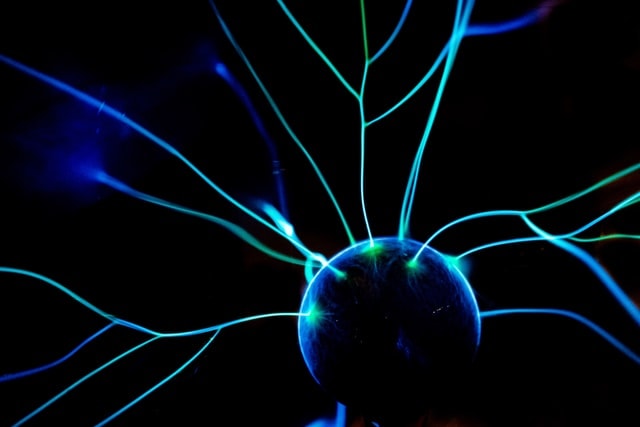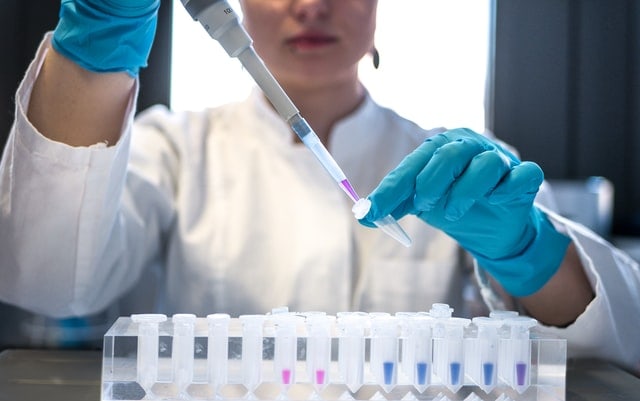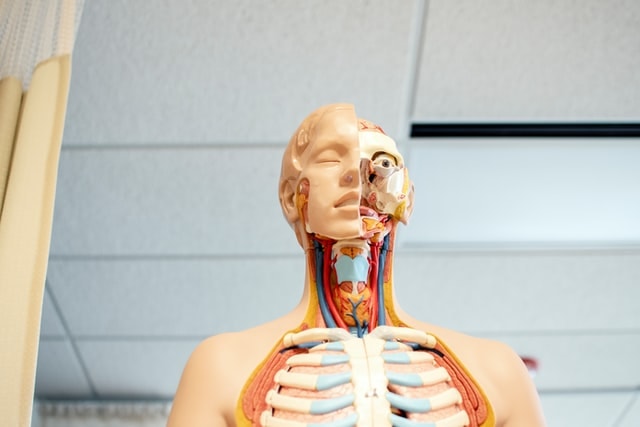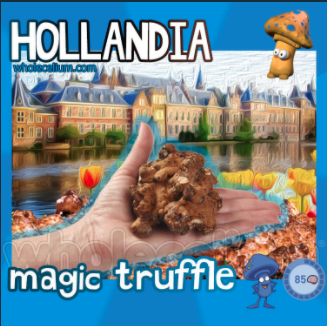From depression, to PTSD, to end-of-life-anxiety study after study has found that these afflictions are greatly relieved, if not cured, by the previously black-listed fungal heroes. It is psilocybin, the psychoactive compound that makes your shrooms and truffles ‘magic’, that is revolutionising the way we treat, and will treat, the afflictions that cause significant mental and emotional pain for their sufferers.

But, never ones to rest on their laurels (or mycelium!) it seems shrooms could also be the answer to another kind of pain — this time not psychological. Could psilocybin, and other psychedelics such as LSD, be used to treat physical pain too?
Psychedelics To Treat Physical Pain?
Well, that’s what some scientists are beginning to think. So far, studies have mainly focused on psychedelics and mental health. However, there is a small but growing cohort of researchers who are looking into the effects of psychedelics on physical pain. There has already been some promising research into psilocybin as a treatment for cluster headaches, but this is fanning out to more diverse afflictions such as fibromyalgia, chronic pain, and phantom limb pain. These are conditions where the causes are not well understood, hence treatment being difficult and sometimes hit and miss.
Research Started Long Ago
One of the earliest known trials of psychedelics as a form of pain relief was performed by Eric Kast. He was an Austrian physician who escaped from the Nazis in 1938, relocating to the U.S with his family. In 1964 Kast gave LSD to ‘gravely ill’ patients. They were suffering from extreme pain due to various conditions, which ranged from gangrene to cancer. Kast first administered hydromorphone and meperidine (brand names Dilaudid and Demerol) which are synthetic opioids used for pain treatment. He then gave the patients a strong dose (100 micrograms) of LSD.

Kast reported “When compared with LSD-25, both [other] drugs fell short in their analgesic action.”
Although a fascinating medical anecdote, it was not investigated much further. This was most likely due to the vilification of psychedelics as ‘dangerous drugs’ that was just on the horizon. For a long time, this was the most extensive research into the subject.
Psychedelic Renaissance Renews Interest
Today however, with the psychedelic renaissance full flow, there is a renewed interest in this abandoned area. A California-based psychedelic start-up called ‘Tryp Therapeutics’ has begun research into relieving chronic pain with the help of psilocybin, and another psilocybin-based drug of their own formulation named, mysteriously, TRP-8803. As well as this, the company has teamed up with the University of Michigan. They will research the effectiveness of these drugs on fibromyalgia, a condition that causes pain throughout the body. And, as the cherry on top, Tryp Therapeutics has welcomed renowned psychedelic researcher Robin Carhart-Harris onto their advisory board. It is understood he will play a “critical role” in future projects.
Studies Yield Intriguing Results
In a recent study, researchers at Maastricht University, the Netherlands, gave 24 subjects either a low (non-psychedelic) dose of LSD or a placebo. In this double-blind, randomised study, the subjects then had to submerge their hands in nearly freezing water. The longer the time they could keep their hands in the water, the higher their tolerance of pain was deemed to be.

The subjects who had received LSD rather than the placebo had a higher pain tolerance. This was comparable to subjects in studies that receive opioids such as morphine. Due to this the authors of the study concluded that “low doses of LSD might constitute a novel pharmacological therapy.” This study was published in the Journal of Psychopharmacology.
Serotonin Could Be Key
One of the most fascinating, and as of yet still not quite defined, aspects of this research is how psychedelics do this. One of the theories concerns our favourite hormone, serotonin. We all know how it starts pinging when you take a dose of magic mushrooms or truffles. The psilocybin mimics the effects of the serotonin itself, giving you the psychedelic boost you know and love. However, scientists think this could be what could cause the reported pain alleviation. Rather than removing the pain itself, it changes how we react to it. Boris Heifets, a Stanford Medicine anaesthesiologist, explains his thoughts;
“If these drugs are going to help, it’s going to be much like the way we think they help for depression—[that is], changing your relationship to your pain,”
“The revolution with this class of medicines is that it’s really not just medication alone…. This whole body of research is emphasizing the importance of therapy, psychological support and connection.”
“Treat The Whole Person”
Fadel Zeidan, a neuroscientist, agrees. He suspects that what a psychedelic like psilocybin is doing is helping to “treat the whole person” — something he thinks modern medicine should be focusing on further — few conditions exist in a vacuum;
“It’s not only the sensory abnormalities, but it’s also the depression, the anxiety, the sedentary lifestyle, the self-doubt, learned helplessness—it’s this whole thing.”

While the exact conclusion is still fuzzy, there is promising research being conducted as we speak. And, it would not be the first time a drug ends up having uses it was not necessarily first identified for — for example, duloxetine (Cymbalta) was developed as an antidepressant, but is now also used to treat chronic musculoskeletal pain.
Self-Medicating With Psilocybin
And finally, as has always been the case with psychedelics, due to their up-until-recently subterranean existence, the anecdotal evidence is vast. Sufferers of chronic pain conditions, with nowhere else to turn, have been self medicating with psychedelics for many years, often unfortunately risking being penalised for breaking the law. However, for many, it has been worth the risk.
Kevin (not his real name), had suffered from various afflictions since childhood. These included, peripheral neuropathy (a condition caused by nerve damage) and type 1 diabetes, among others . In 2019, he was diagnosed with colon cancer, causing more pain and anxiety. Desperate, he decided to self-medicate with magic mushrooms, taking half a gram of the psilocybin fungi twice a week.
Kevin quickly began to notice his mental health improve, as would be expected. However, he was surprised to find that his physical pain was also decreasing — not just the days on which he dosed either! He felt better all round.
“A lot of the anxiety and depression I was dealing with started to fade away—and then the pain in my legs started to go away. I’m feeling the lasting effects from the psilocybin on my stomach and colon pretty much all the time.”
(quotes taken from ‘Kevin’s’ interview with Scientific American)
So there you have it! Another exciting promise on the psychedelic horizon. With growing research into these fields, many peoples lives will change for the better.






